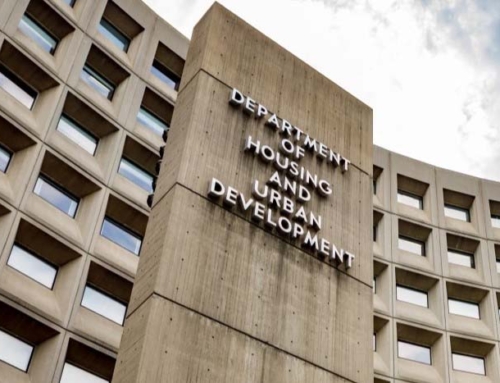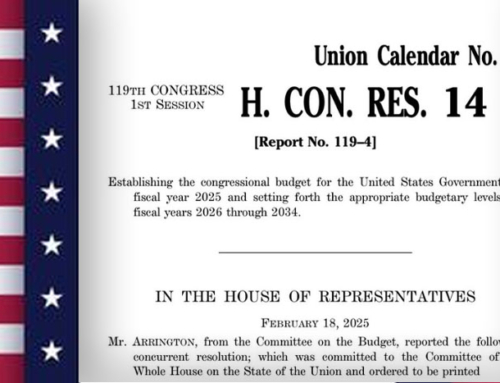The Trump administration continues to adopt policies and implement changes that have a drastic impact on housing and homelessness, driven by its cost-cutting and bureaucracy reduction efforts. Meanwhile, other lawmakers and organizations are attempting to limit the impact of such actions on those most in need.
In March, the Trump administration adopted the following actions that impact housing and homelessness:
- Elimination of some CDFI Fund functions: An executive order eliminating “non-statutory” components and functions of seven federal governmental entities, including the US Treasury’s Community Development Financial Institutions (CDFI) Fund, and the “reduction of the performance of their statutory functions”. The CDFI Fund oversees the New Markets Tax Credit (NMTC) and the Capital Magnet Fund (CMF), which support housing and community development. The exact impact of this executive order is unclear, especially as the CDFI fund continues to be funded at FY 2024 levels through 2025. However, this order has raised alarms in the CDFI community, which promotes access to capital in the most underserved communities.
- Fannie Mae and Freddie Mac Board Member Removal: Confirmation of William Pulte, the grandson of homebuilder William Pulte, as the Director of the Federal Housing Finance Agency, giving him oversight of Fannie Mae and Freddie Mac, which drive the country’s $12T mortgage market. Upon his confirmation, Pulte removed 14 board members at Fannie Mae and Freddie Mac, portending future personnel and/or policy changes at the organizations.
US Department of Housing and Urban Development (HUD) staff, as well as housing and homelessness-related nonprofits, continue to grapple with previous cost-cutting measures, including:
- Mass layoffs: the Department of Government Efficiency (DOGE) is proposing to eliminate at least 50% of HUD staff, including half of HUD’s field offices serving local communities, and severely reducing personnel in the offices of Fair Housing and Equal Opportunity (FHEO), Policy Development and Research (PD&R), and Community Planning and Development (CPD), which are all essential offices to HUD’s functioning. Cuts to CPD in particular could hinder disaster recovery efforts, despite the increased frequency and severity of disasters resulting from climate change.
- Recission of Fair Housing Grants: Last month, at least 66 fair housing groups, which enforce the landmark Fair Housing Act that prohibits housing discrimination, faced the sudden recission of $30M in grants. Such a recission would impact such organizations’ ability to serve low-income and vulnerable clients. Four of these housing organizations have sued HUD and DOGE for these actions, and a temporary order has been issued by a federal judge in Massachusetts to stop HUD’s cancellation of the grants. Rep. Maxine Waters (D-CA) and Sen. Elizabeth Warren (D-MA) additionally delivered a letter with 108 signatures, all from Democrats in Congress, to HUD Secretary Turner that said cutbacks to fair housing initiatives would “embolden housing discrimination” and put “people’s lives at risk.” The Government Accountability Office confirmed that they will independently investigate these cuts.
HUD Secretary Turner and Department of the Interior (DOI) Secretary Burgum did introduce a Joint Task Force on Federal Land for Housing to identify underutilized federal lands suitable for residential development, streamline land transfer processes, and promote policies that increase the availability of affordable housing. DOI specified that lands within national parks, wildlife refuges, and other conservation areas will remain protected. Such actions could potentially add to the housing supply if executed correctly, but the positive impacts of these policies may be offset by the rising cost of construction due to tariffs with Canada and Mexico.
© LeSar Holdings/LeSar Development Consultants. All Rights Reserved. Please be advised that any republishing of copyrighted material provided by our organization, in whole or in part, requires prior written authorization. For permission, please reach out to [email protected]. We appreciate your understanding and compliance in upholding copyright laws.





















